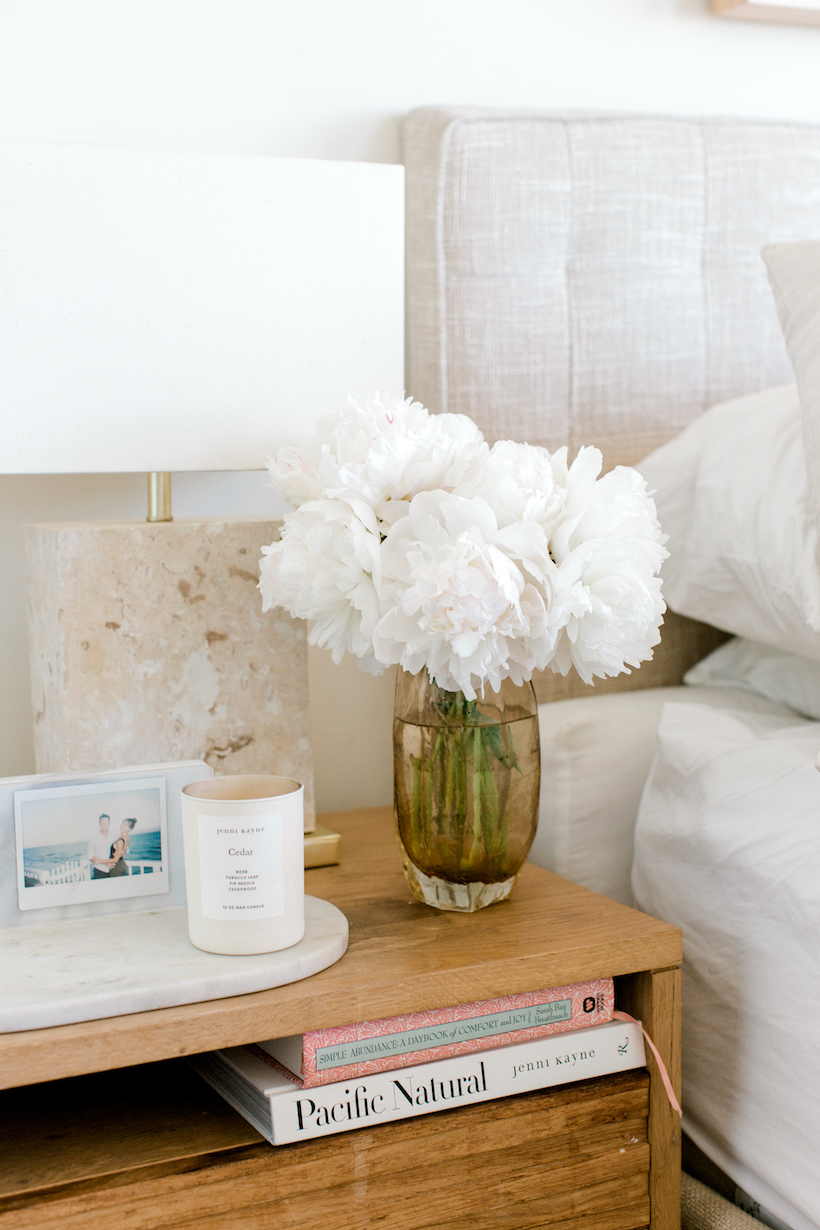Recently, I had an opportunity to be interviewed by a publication that I’ve loved for years (and that has an audience of hundreds of thousands of people.) I drafted sample questions, practiced my answers, then practiced some more. This was an interview that I needed to nail, and I didn’t want to blow this opportunity. The night before the interview, I ate a healthy dinner, took a hot bath, did my stretches, drank my sleepy tea, visualized success — we’re talking all the things, you guys.
The next day, I walked into the interview feeling pretty confident, but the minute I sat down, I had such a rush of adrenaline that the next hour was a total blur. Some of my answers were touchdowns, others felt more like fumbles as I tried to plumb my memory for the exact talking points I’d prepared that I really wanted to hit. At the end of the interview, I felt… unsure.
I got home, brewed a cup of tea and sat down with a mix of emotions. As I replayed the conversation in my mind (at least, what I could remember of it), I felt a lingering sense of uneasiness. Sure, there were some great things said, but I also felt like I’d missed an opportunity to express several of the points I really wanted to get across in the interview. Most of all, I felt like I’d let nerves get in the way of expressing my personality as freely as I’d wanted. I felt myself begin to spiral into negative thought patterns ranging from, “You blew a huge opportunity to share your message,” to “I wonder if the publication will even run your interview – you might have rambled way too much.”
When Adam got home, I shared what was going on in my head, and he reminded me of all the great things I had been able to share — and that an interview is never going to be perfect. The next morning, I journaled about the experience and began to unwind the fact that I was beating myself up out of fear, and that every tough experience is an opportunity to grow. It took a couple days, but I got back on track, learning from what happened and using it to propel me forward.
Since we all have setbacks and disappointments, it’s important to realize that part of resiliency is being kind to ourselves so that we don’t stay stuck in a loop of self-criticism.
I’ve definitely learned this the hard way, and (as the above very recent experience shows) it’s something I’ll have to come back to again and again. When I start getting overly critical of myself, here are three mental steps I take to move back into a place of positivity.
1. Reflect
For me, the starting point is gaining some awareness of why I’m responding this way in the first place. Usually it takes the form of a conversation with a trusted friend or a date with my journal. You can’t make progress until you really know what you’re feeling, and getting to the root of that emotion allows you to start working through it.
Ask yourself, “What exactly am I ruminating over? What type of fear (failure, rejection, etc) is behind it?” I think you’ll find that there’s almost always some kind of fear as the basis to any kind of negative self-talk.
Then I consider whether I may be blowing the issue out of proportion. No matter how much failure totally sucks, in the grand scheme of things, it’s often not that big of a deal. Ask yourself if this is even going to matter a year from now. And remember that there WILL be other chances for a redo, even if you can’t see when and what that looks like right now. In other words, put it in perspective and remind your ego to chill out.
2. Affirm
Be kind to yourself by showing the same love and support you’d give a friend or family member. It takes courage to get in the arena and take a risk, and you deserve props for doing it. When the negative self-talk starts, do your best to stop it in its tracks by reminding yourself that it’s destructive and doesn’t serve you, then replace it with a message about your unique strengths. For example, I reminded myself that it was pretty incredible that this publication even wanted to interview me in the first place – they felt I had something worthy to offer their audience, and I needed to believe it, too.
The other way I regularly affirm is by reminding myself that no one is perfect, and all I can do is try my hardest and give something my very best shot. That’s it. Everything else is out of my sphere of control, and I can embrace my imperfections and missteps as part of what makes me uniquely me.
3. Refine
Remember that every so-called failure is actually a huge opportunity for growth. Embrace the struggle and realize that it’s likely a character-building moment that will make you better. But in order to grow, you’ve got to spend a small amount of time (yes I said small) examining your performance and taking some notes to help you improve on the next go round. As I journaled about how I wanted to improve when my next interview opportunity comes along, I wrote, “Bring as much presence and authenticity to the conversation as I can. Say what I mean and mean what I say. Speak with confidence, authority, and boldness. Be true to who I am.”
Margie Warrell, bestselling author of Brave, wrote for Huffington Post,
“…rather than expecting yourself to be all together, embrace your struggles for the opportunity they hold to deepen your learning, your living and your loving.” To struggle is the only way to learn, so appreciate it rather than beat yourself up for it.”
***
Remember: this is your life, and you’re the only one living it. Put aside the thoughts and opinions of others and listen to that inner voice that’s slowly learning to love and support you like no one else can. Setbacks and failures are opportunities to demonstrate the incredible resilience you’re building. And now: it’s time to celebrate the fact that you did your best, reflected on what you can do next time, and now it’s over! Move on and get back out there.







